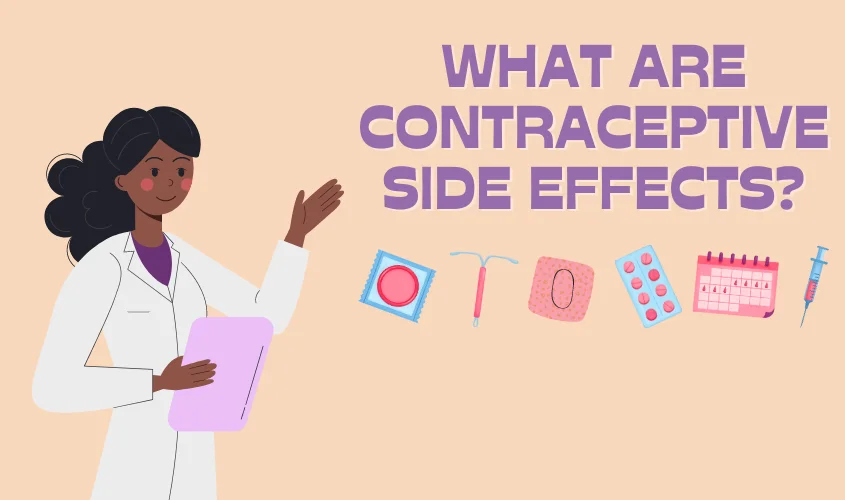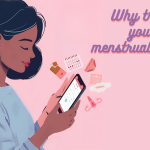A Comprehensive Overview
Choosing a contraceptive method is a significant decision that many individuals and couples face. While these methods offer effective ways to prevent unwanted pregnancies, they may also come with various side effects. Understanding these side effects can help you make an informed decision and manage any issues that may arise.
What Are Contraceptive Side Effects?
Contraceptive side effects refer to the unintended consequences that can occur from using birth control methods. These effects can vary widely based on the type of contraception used, individual health factors, and hormonal responses. Common side effects may include physical, emotional, and hormonal changes.
Types of Contraceptive Methods
To understand side effects better, it’s essential to know the different types of contraceptive methods available:
- Hormonal Contraceptives: Pills, patches, injections, and IUDs release hormones to prevent ovulation.
- Barrier Methods: Condoms, diaphragms, and cervical caps physically block sperm from reaching the egg.
- Intrauterine Devices (IUDs): T-shaped devices placed in the uterus that prevent fertilization.
- Natural Methods: Tracking fertility signs and abstaining from intercourse during fertile periods.
- Emergency Contraceptives: Pills taken after unprotected intercourse to prevent pregnancy.
Common Side Effects of Hormonal Contraceptives
Hormonal contraceptives are widely used and can have several side effects:
- Weight Gain: Some individuals may experience weight changes due to hormonal fluctuations.
- Nausea: Mild nausea can occur, especially when starting hormonal pills.
- Headaches: Hormonal changes may lead to headaches or migraines.
- Breast Tenderness: Hormonal contraceptives can cause breast swelling or tenderness.
- Mood Swings: Hormonal changes may affect mood and emotional well-being.
- Irregular Menstrual Cycles: Some may experience changes in their menstrual cycle, including lighter or missed periods.
Long-Term Effects of Hormonal Birth Control
While many side effects are temporary, some individuals may experience long-term effects, such as:
- Fertility Issues: Some women may experience a delay in fertility after stopping hormonal birth control.
- Bone Density Changes: Certain hormonal contraceptives may affect bone density, particularly in younger women.
- Cardiovascular Risks: There may be an increased risk of blood clots, particularly for women who smoke and are over 35.
Side Effects of Barrier Methods
Barrier methods generally have fewer side effects compared to hormonal contraceptives, but they can still cause issues:
- Allergic Reactions: Some individuals may have allergies to materials used in condoms or diaphragms.
- Irritation: Irritation or discomfort can occur, especially with frequent use.
- Increased Risk of UTIs: Diaphragms may increase the risk of urinary tract infections.
Side Effects of Intrauterine Devices (IUDs)
IUDs can be very effective but may come with some side effects:
- Cramps: Many users report increased cramping after insertion.
- Heavy Periods: Hormonal IUDs may reduce menstrual flow, while copper IUDs can increase it.
- Expulsion: In rare cases, the IUD may be expelled from the uterus.
Managing Side Effects
If you experience side effects, there are ways to manage them:
- Consult Your Healthcare Provider: Discuss your side effects with your doctor to determine the best course of action.
- Consider Switching Methods: If side effects are intolerable, your provider may recommend a different contraceptive method.
- Keep a Symptom Journal: Tracking your symptoms can help you and your healthcare provider make informed decisions.
When to Seek Medical Help
While many side effects are mild and manageable, some require immediate medical attention:
- Severe abdominal pain or cramping.
- Unexplained heavy bleeding.
- Signs of a blood clot, such as swelling, redness, or severe pain in the legs.
- Severe headaches or migraines that differ from your usual patterns.
Emergency Contraception: A Related Option
If you find yourself needing to prevent pregnancy after unprotected intercourse, emergency contraception may be an option. To learn more about this topic, read our article on Emergency Contraception: What Are Your Options?
Download the Selin App
The Selin app can help you track your menstrual cycle and set reminders for your contraceptive methods. Stay informed about your birth control and manage any side effects effectively. Download the app today:















